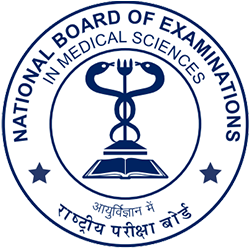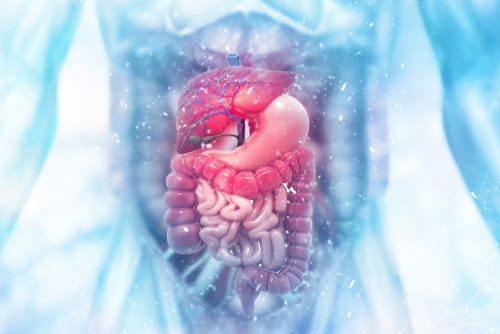A potentially life threatening bleeding phenomena observed anywhere in the Gastrointestinal tract.
Where do gastrointestinal bleeding (GIB) episodes occur?
- 70 to 75% in the upper GI tract
- Oesophagus, stomach, duodenum, biliary/pancreatic systems.
- 25 to 30% in the lower GI tract
- Jejunum and ileum, colon, anus
What are the symptoms?
Divided into 2 parts i.e; Upper Gastro intestinal Bleeding and Lower Gastro Intestinal Bleeding
LG1
- Vomiting blood – Hematemesis
- Bloody stool or Rectal Bleeding
- Dizziness
- Fainting
- Fatigue & Weakness
- Paleness
- Shortness of breath or difficulty breathing
- Little or no urine
- Low blood pressure
- Rapid heart beat
LG2
- Peptic ulcer Disease
- Drug induced bleeding
- Liver cirrhosis
- Esophagitis
- Gastritis
- Diverticular disease
- Haemorrhoids or anal fissures
- Inflammatory bowel disease
- Large intestine problems – Colitis
- Enlarged veins in the oesophagus – Oesophageal varices
What causes Gastrointestinal Bleeding?
- Benign tumours and cancer
- Bleeding of enlarged blood vessels in the stomach – Angiodysplasia
- Colon polyps
- Esophagitis
- Gastritis
- Peptic Ulcers
- Mallory-Weiss tears
What are the complications?
- Anemia
- Shock
- Confusion
- Death
How Gastrointestinal Bleeding is diagnosed?
- Symptom analysis & Differential Diagnosis
- Lab Tests – Complete Blood Profile, FOBT, Stool Test, H. pylori tests, Electrolyte test, Coagulation time, Creatinine and BUN
- Esophagogastroduodenoscopy (EGD)
- Colonoscopy
- Capsule Endoscopy
- Flexible sigmoidoscopy
- Balloon-assisted enteroscopy
- Imaging –Doppler Ultrasound, MRI, MR or CT Angiography, Nuclear scintigraphy if needed
Treatment of the cause:
- Blood Transfusion rarely
- Platelets and fresh frozen plasma (FFP) transfusion
- Intravenous (IV) fluid resuscitation
How Gastrointestinal Bleeding is treated?
- Medication – Proton Pump Inhibitors, Broad Spectrum Antibiotics, Histamine receptor blocking agents (H2RA), gastric mucosa-protecting agent, Antihypertensive meds, Somatostatin mimic, nonselective β-blockers
- Surgical Treatments – Vagotomy, Pyloroplasty, Partial gastrectomy, Vasoconstrictive Therapy, Emergent Surgery
- Superselective Embolization
- Therapeutic Endoscopy – Early
endoscopy, Urgent endoscopy,
- Techniques – Photocoagulation, Electrocoagulation, bipolar probe coagulation, Sclerotherapy, Radiological Therapy, Endoscopic hemoclips, Injections, Plasma coagulation, Application of powder/spray, endoscopic variceal ligation, Endoscopic band ligation (EBL)
- Post endoscopy monitoring
How to prevent Gastrointestinal Bleeding?
Usually depends on the cause which may need precaution or specific treatment
- Stop using over the counter meds like Aspirin and NSAIDs
- Consult doctor and a dietician for self-care tips, diet, medications and supplements
- Eat fibre rich foods
- Avoid or quit alcohol and smoking
- Patients suffering from peptic ulcer disease should be tested regularly and treated for Helicobacter pylori infection
- Patients with a history of bleeding ulcers who need long-term treatment with aspirin or a nonsteroidal anti-inflammatory drug should also be prescribed a proton pump inhibitor





